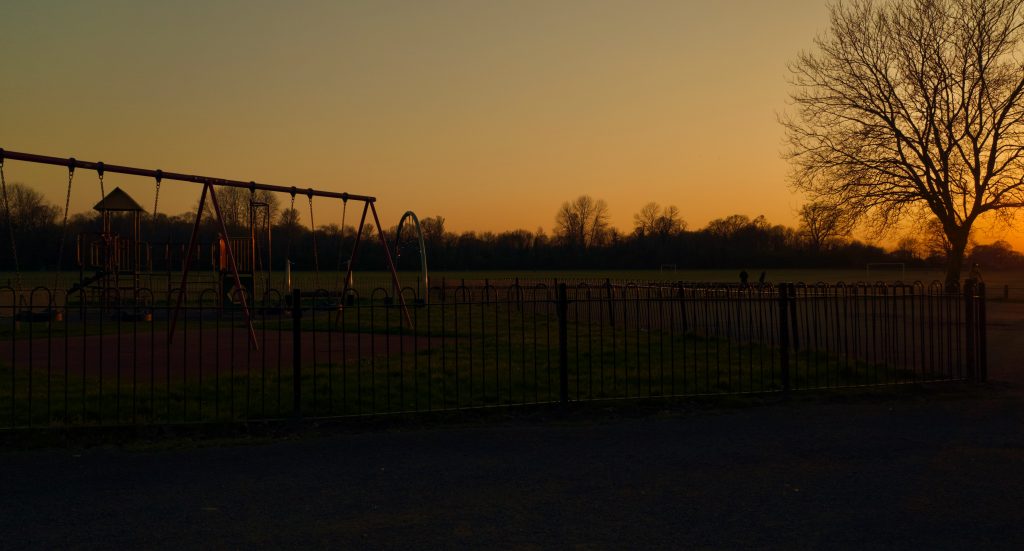I recently spoke to Stylist Magazine about why this pandemic can cause us to regress to our childhood selves.
Why is this?
1. We have lost our sense of safety (economically, politically and socially).
2. We have experienced a loss of predictability, which we all need as humans in order to function (some of us have lost jobs, our daytime routines have changed we don’t know when lockdown will end, and we don’t know what the world will look like afterwards).
3. We have lost our sense of purpose – perhaps through job loss, or routine change.
4. We have experienced a loss of connection – we are in lockdown and unable to socialise physically.

5. We have a loss of mobility – many of us are not able to move around or be as active as we like.
All of these conditions are ripe for traumatisation – which is why the current pandemic is a collective trauma.
When we experience trauma, we unconsciously seek safety. For some this might be acting how we were when we were little and we had the safety of mum and dad. For others this might be acting out on behaviours that make us feel safe.
We might also be triggered into our childhood wounds, especially if we are living with the people who wounded us in the first place.
What can we do about this?
1. Awareness. If we are aware of our behaviours and that we are regressing and/or being triggered, then we have a better chance of reconnecting with our adult self.
2. Consciously re-find our adult self. This is really important. Our adult self has not disappeared, it is just hidden by our triggered younger selves coming out to play.
3. Remind ourselves that we are safe, in this moment, even if the bigger picture seems scary and unpredictable. Meditation can be great for getting present. In this present moment, we are OK.
4. Breathe. Breathing into the belly is one of the most underestimated soothing techniques. It calms the nervous system via the ventral vagal nerve, sending a message to our body and brain that we are OK.
5. Move. We need to move this trauma through and out of our bodies – so let’s dance! Or run! Or go for a walk.
Author: Lucinda Gordon Lennox
Lucinda works at TRC London.